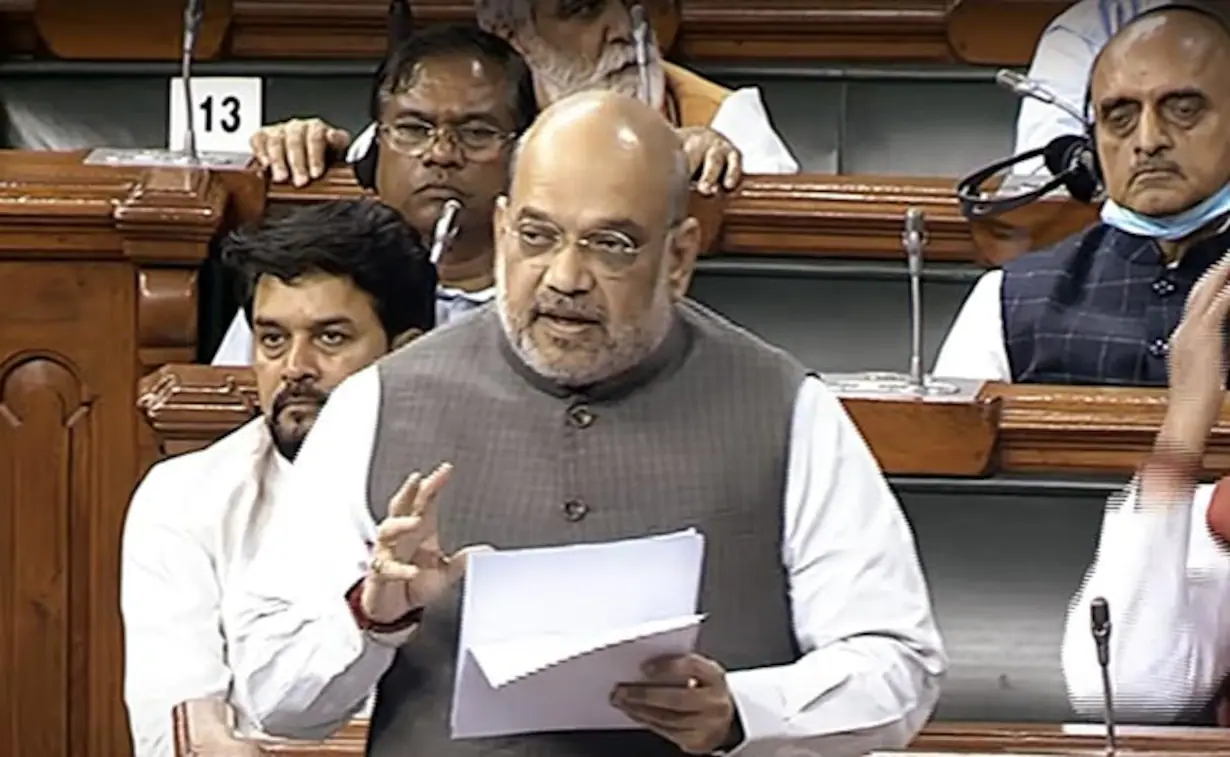Date: August 1, 2023
New Delhi, India: The Centre’s much-anticipated Delhi Services Bill has been tabled in the Lok Sabha, sparking a heated debate in the Indian political landscape. The bill aims to redefine the allocation of administrative powers between the Delhi government and the Lieutenant Governor (LG) by citing provisions of the Indian Constitution. Union Home Minister Amit Shah passionately defended the bill, emphasizing its constitutional validity during the parliamentary session.
Centre’s Delhi Services Bill Tabled in Lok Sabha, Amit Shah Cites Constitution for Legal Backing
Table of Contents
The bill proposes to delegate certain key services, including the police, public order, and land-related matters, to the Lieutenant Governor, enhancing their authority over these areas. The Delhi government’s control over these domains has long been a point of contention between the Aam Aadmi Party (AAP)-led state government and the Central government.
Amit Shah, while addressing the Lok Sabha, argued that the proposed bill adheres to the constitutional framework and upholds the principles of federalism. He stated that Article 239AA of the Constitution grants special status to the National Capital Territory (NCT) of Delhi and grants the Lieutenant Governor the authority to exercise powers in specific matters.
Amit Shah Cites Constitution
The Home Minister cited precedents from other Union Territories to substantiate his case, pointing out that Delhi’s status as the capital of India necessitates unique governance considerations. He argued that granting more powers to the Lieutenant Governor in certain areas would ensure better coordination and effective governance, particularly in matters concerning national security.
However, the opposition parties, including the AAP, Congress, and other regional parties, vehemently opposed the bill, asserting that it undermines the democratic principles enshrined in the Constitution. They argued that the bill concentrates power in the hands of the Lieutenant Governor, diluting the elected government’s authority and bypassing the will of the people.
AAP leader and Delhi Chief Minister Arvind Kejriwal, reacting strongly to the bill, claimed that it was an attempt to curtail the state government’s powers and encroach upon the rights of the elected representatives. He accused the Centre of undermining the federal structure and undermining the spirit of cooperative federalism, which is the foundation of Indian democracy.
The contentious Delhi Services Bill is expected to be a subject of intense debate in the Lok Sabha in the coming days, as lawmakers from both sides present their arguments and counterarguments. The Centre’s move to table the bill indicates a significant shift in the dynamics of governance in the National Capital, and its passage will have far-reaching implications for Delhi’s administrative setup.
As the political temperature rises in the Parliament, citizens are closely watching the developments to understand the implications of the proposed bill on their lives and the future of Delhi’s governance. The fate of the Delhi Services Bill will undoubtedly have repercussions on the broader political landscape, testing the strength of India’s constitutional framework and the principles of federalism in the nation’s capital.
Also Read: Get Instant Loan

